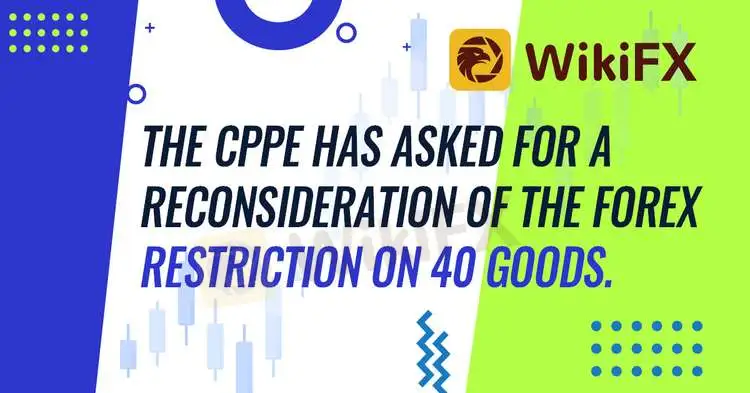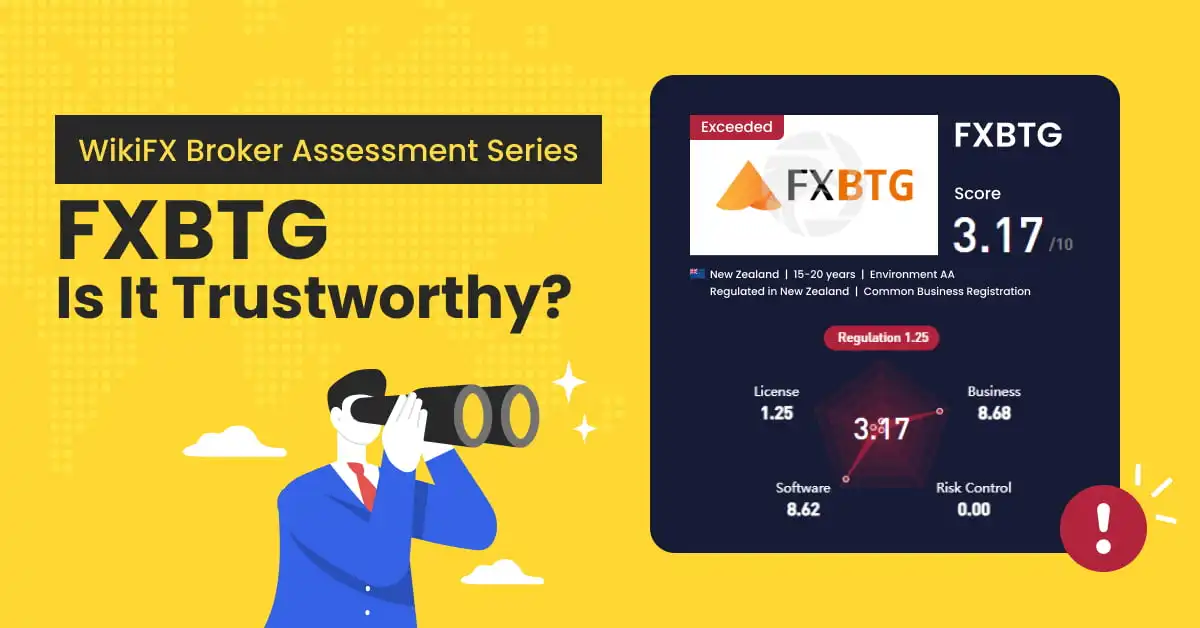简体中文
繁體中文
English
Pусский
日本語
ภาษาไทย
Tiếng Việt
Bahasa Indonesia
Español
हिन्दी
Filippiiniläinen
Français
Deutsch
Português
Türkçe
한국어
العربية
THE CPPE HAS ASKED FOR A RECONSIDERATION OF THE FOREX RESTRICTION ON 40 GOODS.
Abstract:The Centre for the Promotion of Private Enterprise (CPPE) has encouraged the Central Bank of Nigeria to reconsider its restriction on some of the more than 40 commodities for which the regulator has barred importers from obtaining foreign exchange.

The Centre for the Promotion of Private Enterprise (CPPE) has encouraged the Central Bank of Nigeria to reconsider its restriction on some of the more than 40 commodities for which the regulator has barred importers from obtaining foreign exchange.
The organization also criticized the Nigeria Customs Service's decision to reintroduce excise duty on soft drink manufacturers in the nation, calling it ill-timed, insensitive, and unsuitable given the country's current tough economic and commercial conditions.
The Centre, headed by Dr. Muda Yusuf, its Chief Executive Officer, stated this in its recently issued economic and business environment evaluation for 2021 and agenda for 2022.
According to the CPPE, the CBN must involve stakeholders since the existing FX policy regime is harming investors, manufacturers, and other stakeholders.
“In order to lessen the drain on foreign reserves, the CBN has prohibited over 40 goods from access to foreign exchange through the official window,” it stated.
Some of the items on this list are intermediary goods for some manufacturing enterprises, which has harmed some of them. It would be prudent for the CBN to undertake a vigorous dialogue with stakeholders in the New Year in order to evaluate this list.
According to the organization, the CBN should implement a freely floating exchange rate policy regime and enable pricing mechanisms in the forex market to reflect demand and supply fundamentals.
Our proposal is to implement a freely floating exchange rate approach based. We would like to emphasize that this is not a proposal for devaluation. Rather, it is a pricing system that reflects the realities of demand and supply in the forex market. It is a system that is long-term, predictable, and open. It is a policy framework that would eliminate uncertainty and instill investor confidence.

Disclaimer:
The views in this article only represent the author's personal views, and do not constitute investment advice on this platform. This platform does not guarantee the accuracy, completeness and timeliness of the information in the article, and will not be liable for any loss caused by the use of or reliance on the information in the article.
Related broker
Read more

Exposing Profit Trade: Profit Only Exists in Its Name, Not During Trade
If there was ever a forex scammer to be alert of, Profit Trade emerges as the first one. The Bulgaria-based forex broker has been annoying investors by denying their withdrawal requests, suspending their account without any reason, and unfulfilled promises.

Think Twice Before Choosing UC Markets –Know the Risks
Forex trading has become increasingly complex and risky, especially for newcomers. While the foreign exchange market still offers legitimate opportunities for traders and investors, but investment scams have now become common. Fake brokers are widespread, and spotting them can be extremely difficult . The only way to safeguard your capital is to stay informed and alert. In this article, we’ll break down the red flags of UCMarkets and explain why you should avoid it .

WikiFX Broker Assessment Series | FXBTG: Is It Trustworthy?
In this article, we will conduct a comprehensive examination of FXBTG, delving into its key features, fees, safety measures, deposit and withdrawal options, trading platform, and customer service. WikiFX endeavours to provide you with the essential information required to make an informed decision about utilizing this platform.

What WikiFX Found When It Looked Into CORSA FUTURES
Online trading is growing fast, but so are the risks. It's more important than ever to choose brokers that are transparent, regulated, and trustworthy. One broker raising concerns is CORSA FUTURES. According to WikiFX, a platform that checks broker credibility, CORSA FUTURES has a very low score of 1.29 out of 10. This low rating suggests serious issues with the broker's trustworthiness. Keep reading to learn more about this broker
WikiFX Broker
Latest News
CNBC Daily Open: The silver lining of positive earnings could be too blinding
Brexit made businesses abandon the UK. Trump's hefty EU tariffs could bring them back
CNBC Daily Open: Solid earnings beats might mask tariff volatility these two weeks
Mastering Deriv Trading: Strategies and Insights for Successful Deriv Traders
Jeep-maker Stellantis expects first-half net loss of $2.7 billion as tariffs bite
U.S. doubles down on Aug. 1 tariffs deadline as EU battles for a deal
Buffett and Thorp’s Secret Options Strategies
Trading Market Profile: A Clear and Practical Guide
CNBC Daily Open: Investors dismiss Trump administration's beef with the Fed — S&P hits new high
Sharing Trading Mistakes and Growth
Currency Calculator


